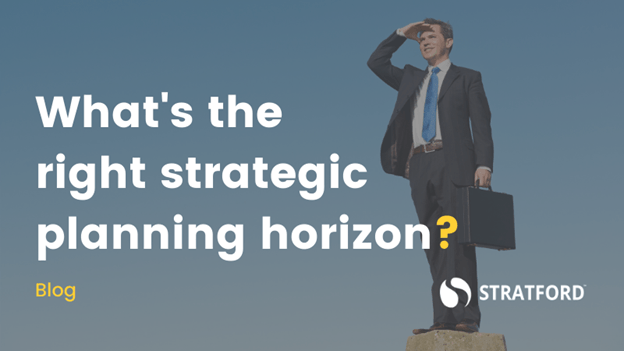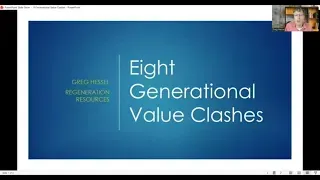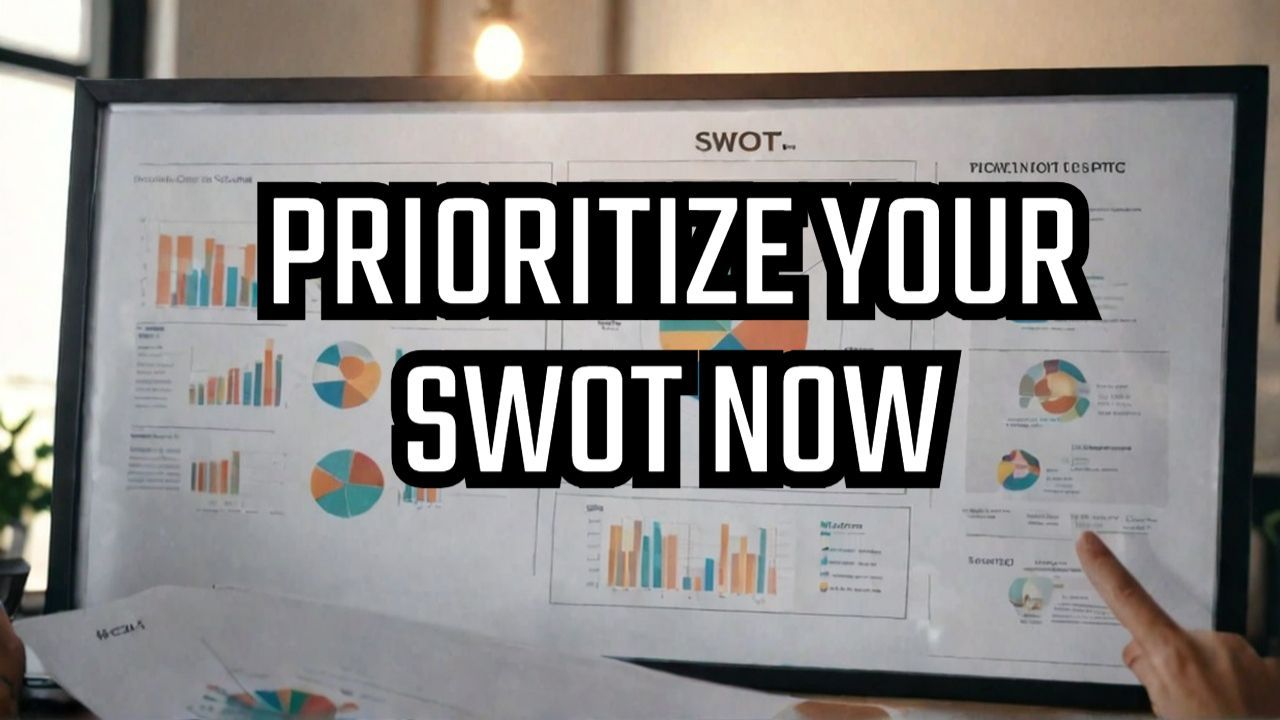Strategic Planning Time Horizons
How Long Should A Strategic Plan Last?

Many organizations, especially risk-averse ones, waste time by adding unnecessary levels of approval. While this may add checks and balances and helps to ensure high-quality work, it is at the cost of efficiency. Checking with a supervisor before making even the most basic decisions can also become a part of the organizational culture. When staff feels disempowered to make decisions, time is wasted, and bottlenecks form at the top of the organizational chart. Furthermore, front-line workers feel discouraged that they don’t have the trust to do their jobs, and supervisors are overwhelmed with unnecessary approvals.
Generally, decisions should be made at the lowest level of competency. This empowers staff to do their job, prevents delays, and does not overwhelm leaders. If you feel too many layers of approval are needed to get simple things done, apply the “lowest level of competency” rule. Ask staff if they believe decisions are made at the lowest level possible, and if not, which ones need less layers of approval. If this risk aversion has become a part of your culture, change management work may be necessary to address it.
Every few months I produce a free newsletter. No Spam. Unsubscribe anytime.
For a taste, view the archives
SUBSCRIBE
Blogs and vlogs are sorted by topic at the bottom of each service page
STRATEGIC PLANNING
CHANGE MANAGEMENT
CONFLICT MANAGEMENT
TEAM BUILDING
ASSESSMENTS
EXECUTIVE COACHING
IMPROVING EFFICIENCY
BOARD DEVELOPMENT




